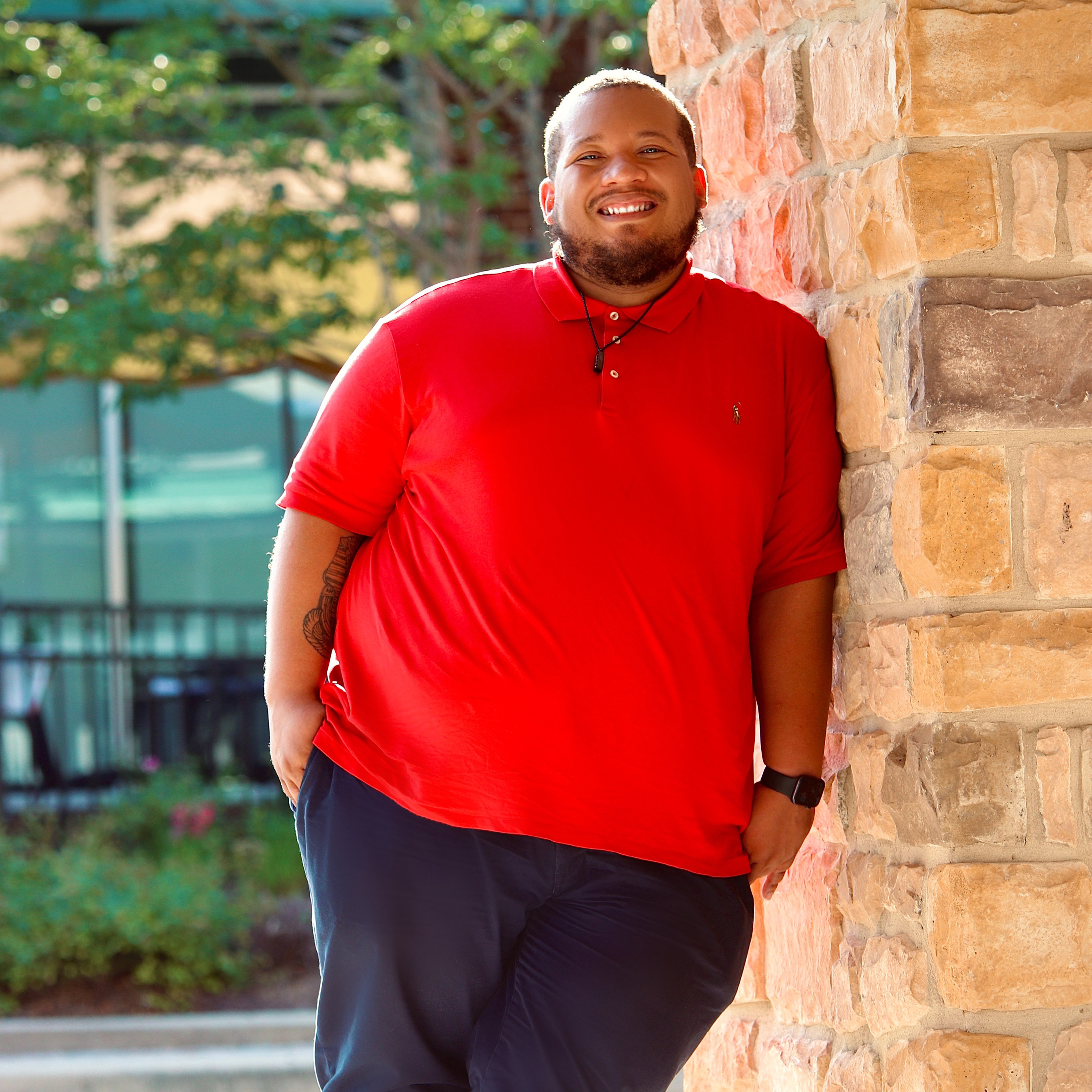Randolph "Randy" Wells

Randy transferred to UBalt from a fully online college and has been enjoying being part of various campus groups.
Randy Wells always liked to stay behind the scenes, at least, until he came to The University of Baltimore.
Now, Randy is a senator for the Student Government Association and chairs its Diversity, Equity and Inclusiveness Committee while pursuing his bachelor's degree in Human Services Administration. He's also a member of the University's campus-wide Diversity, Equity and Inclusion and Student Life committees.
"Being a voice for students, it means a lot. I never was the person that wanted to be in the front ... UBalt has taught me to be more proud of myself."
Randy transferred to UBalt after earning his associate degree from Eastern Gateway Community College, which is based in Ohio. As a Maryland resident, he took classes online and was drawn to the idea of coming to a college where he could enjoy campus life.
Randy also liked that UBalt offered similar flexibility to his previous online programs, so he could fit his classes around his full-time job.
"I like the atmosphere of UBalt. It caters to the working adult. So for me, as long as they can fit into my schedule—both my career and my personal life—it's a match for me and UBalt was that school."
Currently, Randy works with the Housing Authority of Baltimore City. He helps residents of Gilmor Homes find employment. Getting laid off by his previous employer at the height of the COVID-19 pandemic made him reconsider the value of a bachelor's degree.
A first-generation college student, Randy felt having a degree—and the foundation of knowledge that comes with it—would help him achieve more in the social service work he loves.
"My mother and my late grandfather always said get as much education as you can possibly get. That's one thing that me and my sisters stick with as we've continued to grow, that education is an important factor in our lives and we pass that on to the next generation."
Someday, Randy wants to start his own organization that helps close the gaps he discovered in his time working with foster children and youth.
"A lot of our youth age-out of programs at age 21. We, as staff, would prepare them as much as possible, but you could see that it wasn't enough. So my vision is a program where you learn extra life skills, such as how to budget more, how to cook, how to clean, what it means to purchase your own car, your first car, your first house, stuff that would get them more prepared to live in a society that somehow failed them because it just didn't prepare them enough."

